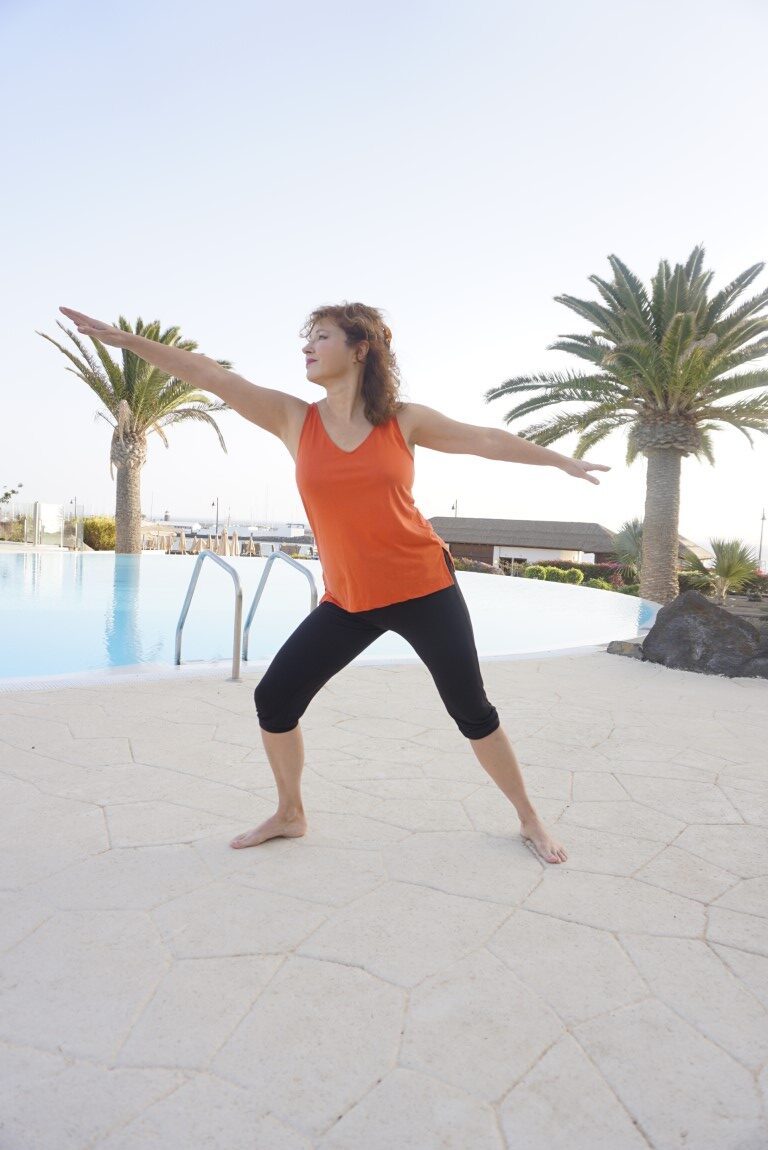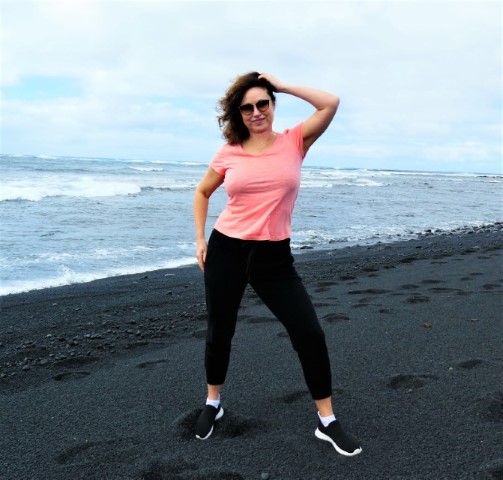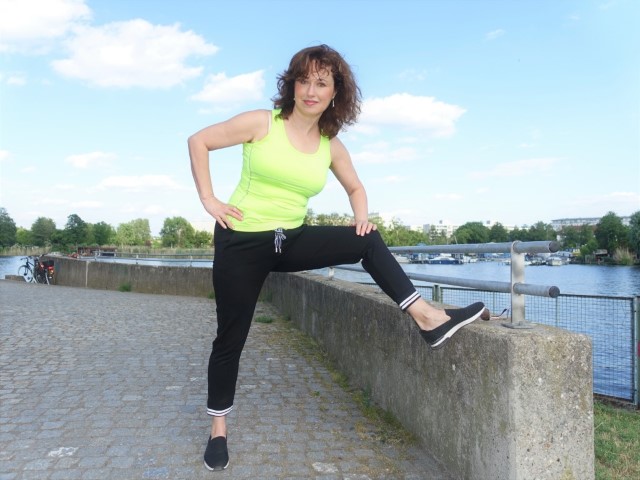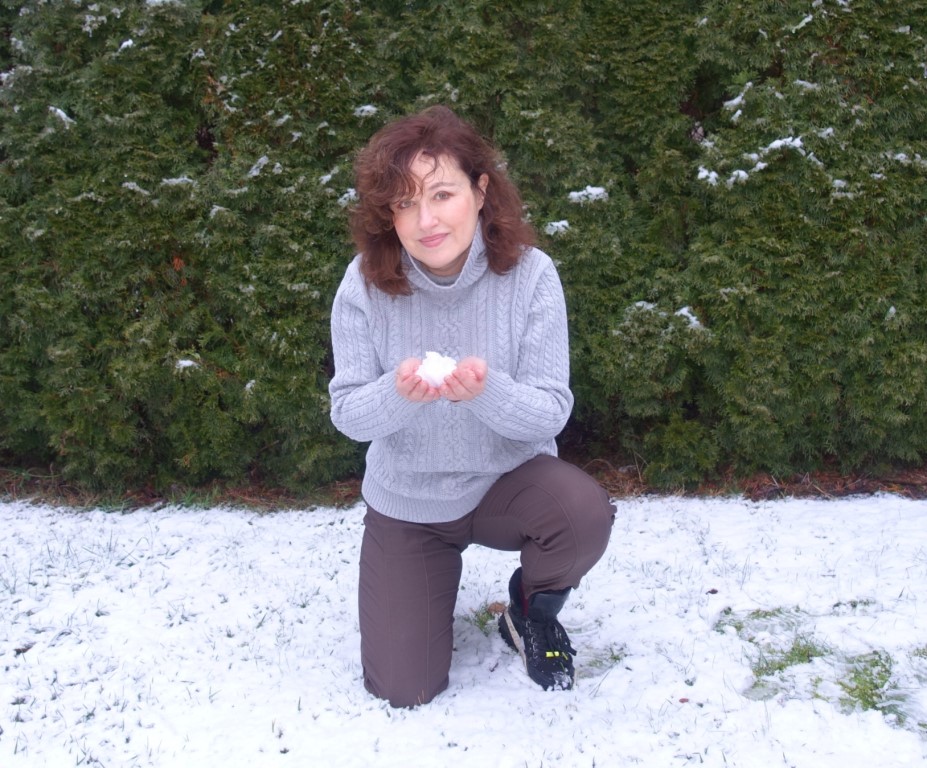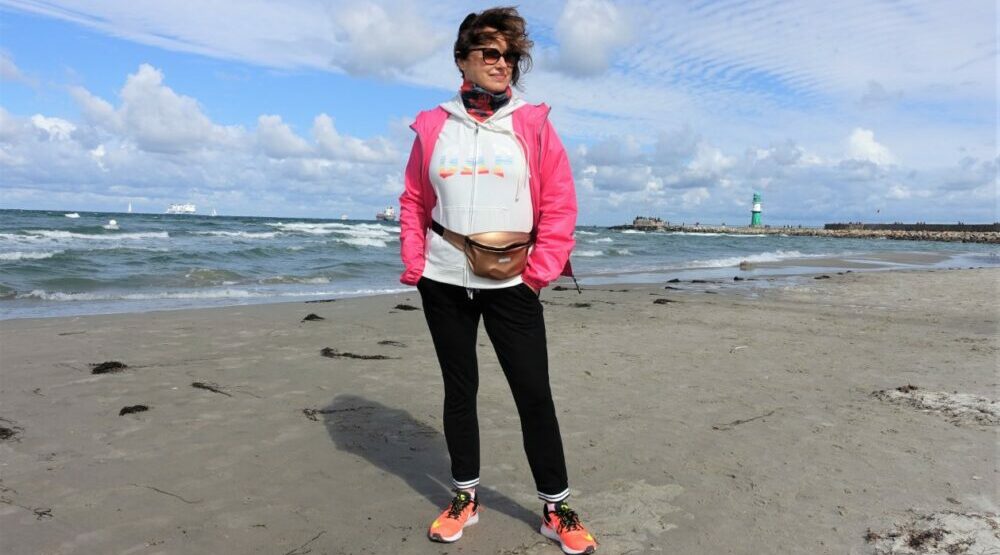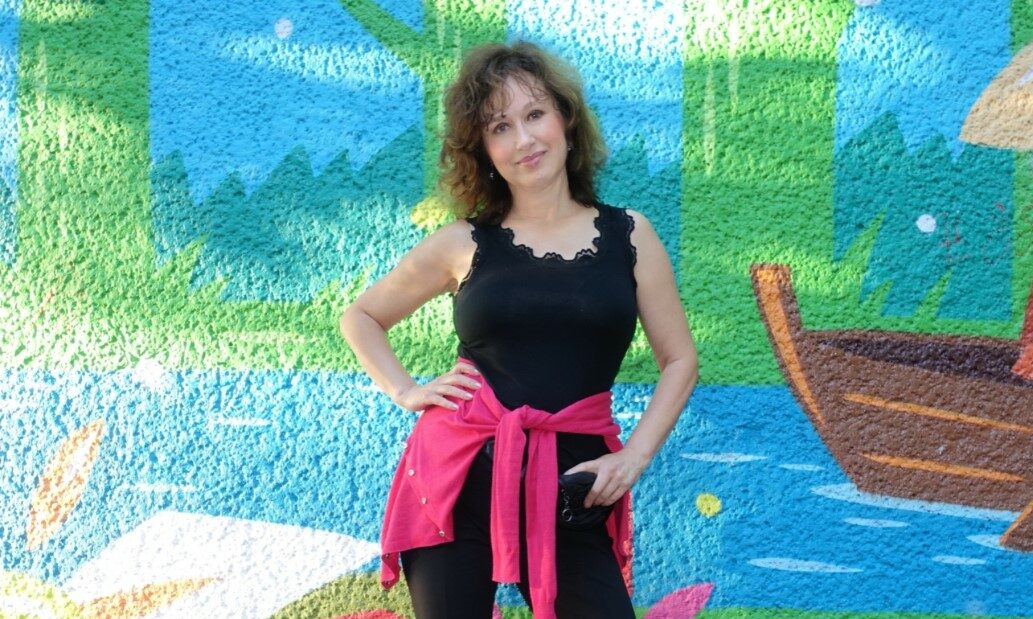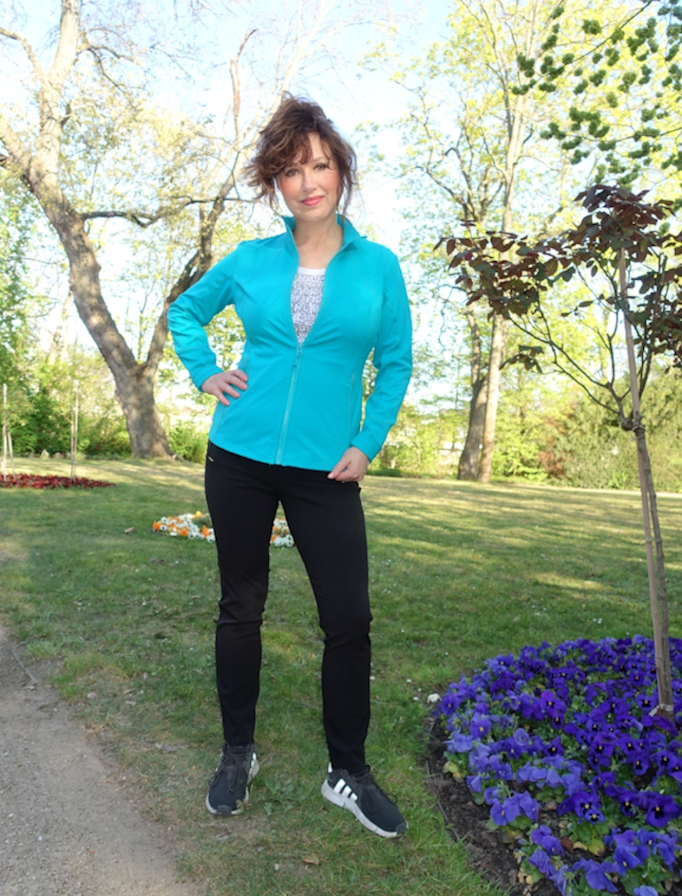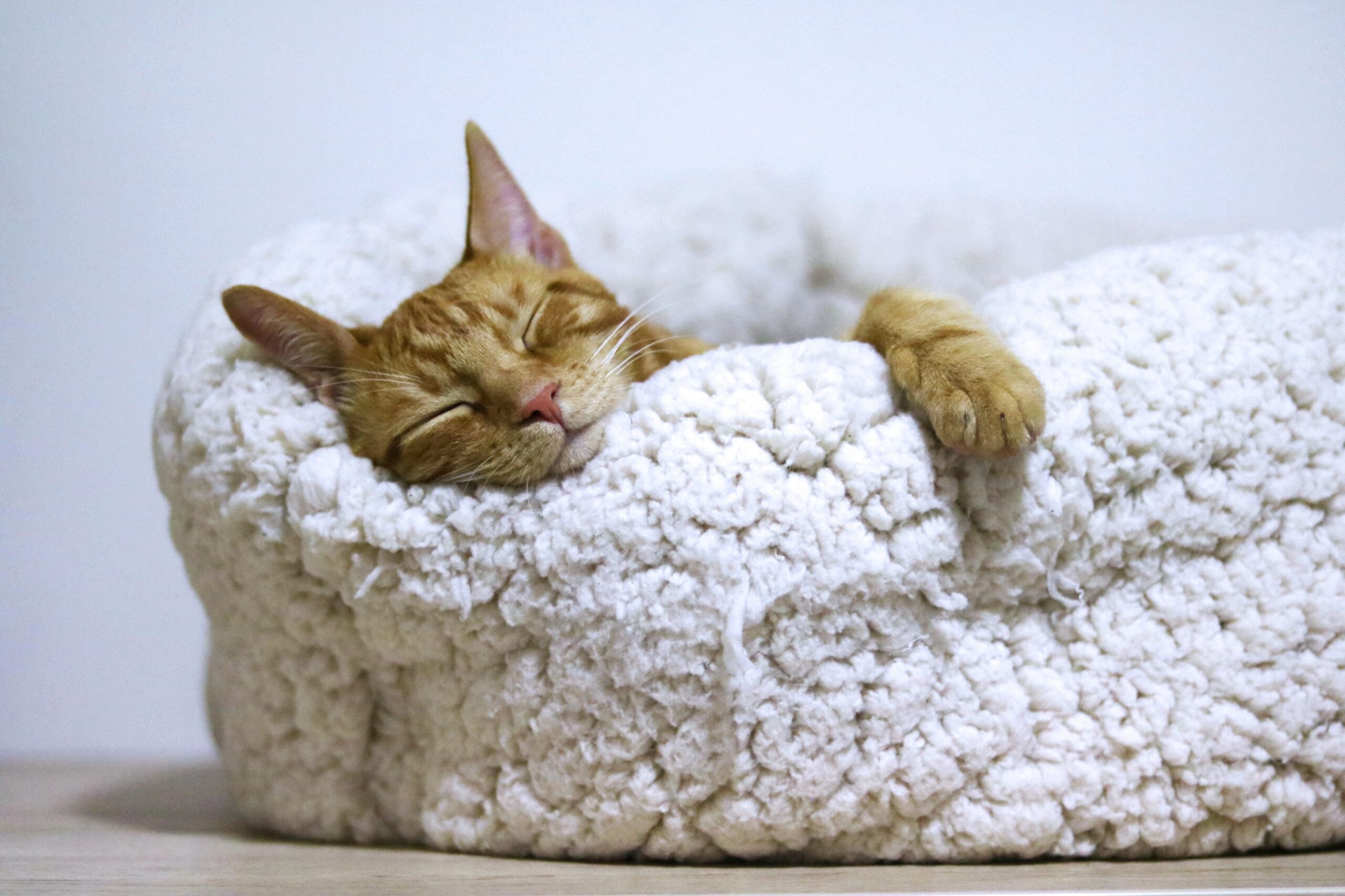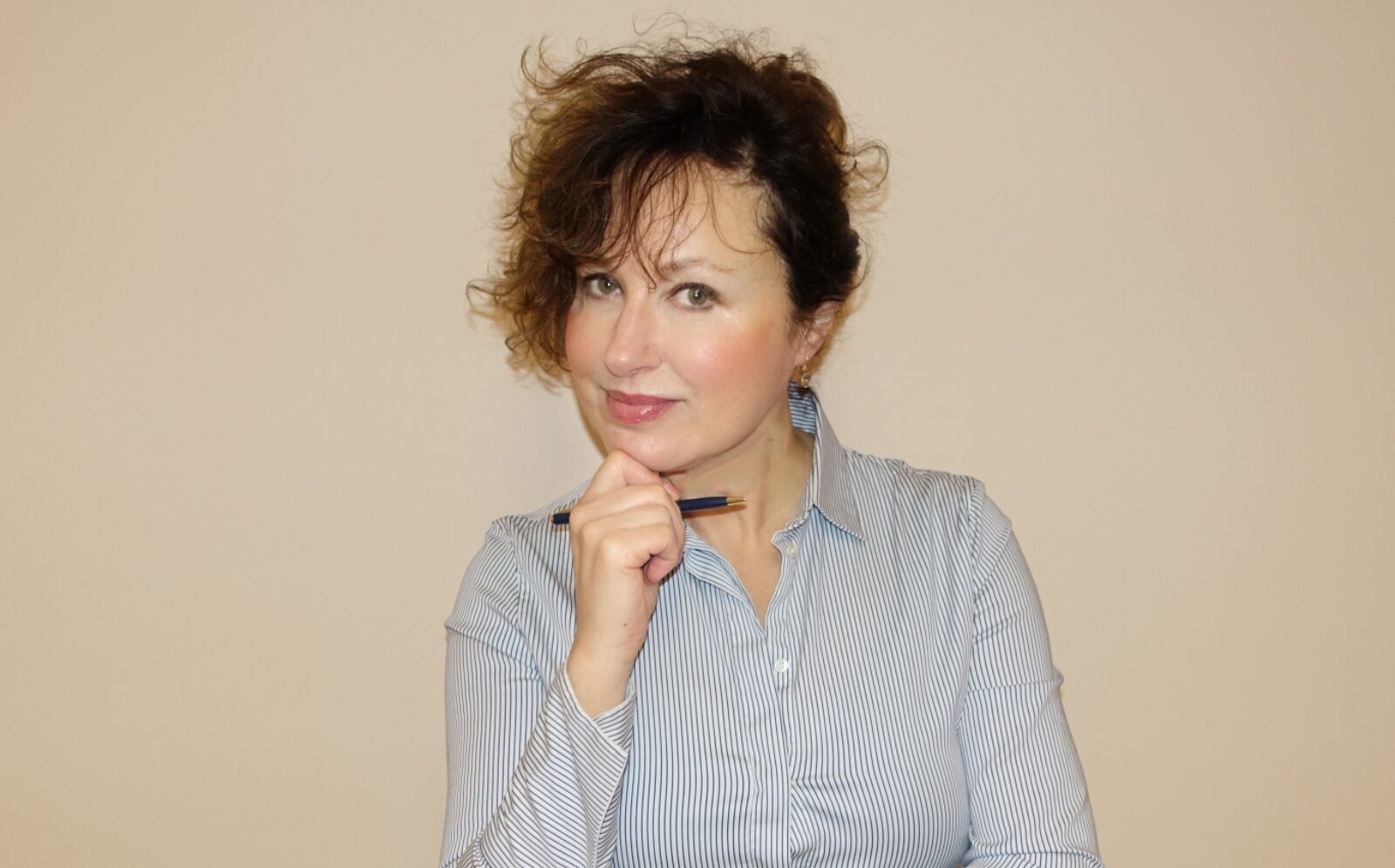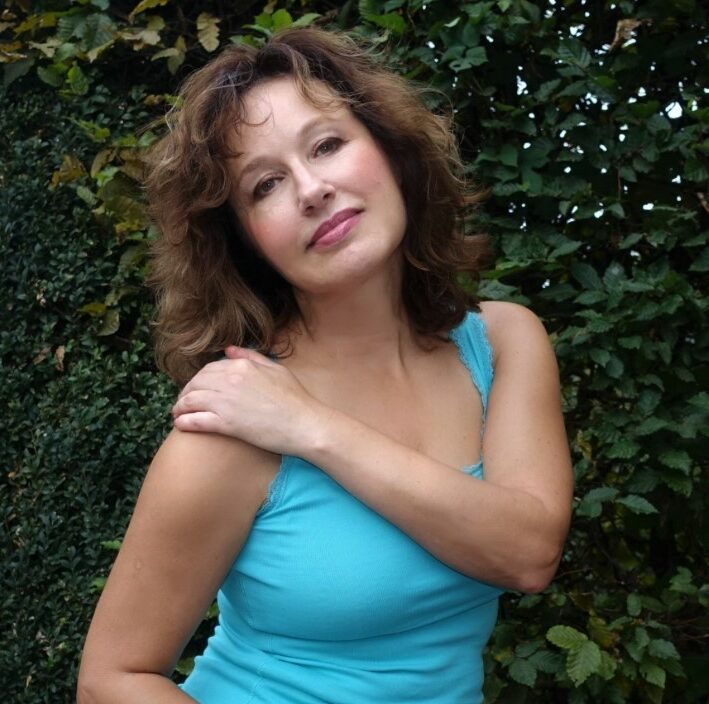Oh, the age… Most people dread the thought of getting older, gradually becoming frail and possibly needing help.
The image of dwindling fullness of life, limited mobility, chronic pain and possibly impending
loneliness is just buzzing in the mind. How old can we actually get? The science of epigenetics says
it can last up to 150 years. The reality looks different.
Most people want to stay healthy and productive for as long as possible. What resources are available for this, what is possible?
A network of people has been formed who are trying to answer these questions with their own experiences. They use the latest findings in medicine and science, experiment with themselves, and are a global community.
They call themselves biohackers and are constantly exchanging ideas. Biohacking means physical and
mental self-optimization by exploiting your existing potential. Biohacking: optimize yourself!
The key to success lies in the big magic five: S- E- R- E- S:
– Sports
– Eating (Food)
– Relaxation, which includes sleep and sex
– Environment
– Supplements
In the harmonious interaction of these areas, the biological age (bio-age) can be significantly influenced.
This can differ significantly from the calendar (chronological) age stated in the ID card. The findings on these basic building blocks are not new at all, but it is their conceptual synergistic composition and their routine application that make them so effective.
Two questions arise:
1. How old do you feel?
2. How old are you really?
Do you know people who are over 65 years old, full of energy and healthy, going through life with vigor? Have you met her before? These people have often unconsciously adhered to rules similar to those of biohacking throughout their lives.
Without a doubt, it takes effort and time to integrate these principles into daily operations. But it’s worth it!
I was infected by it a few years ago and feel like I belong to the scene. I would like to share with you my favorite daily routines that I have maintained to this day:
In the Morning:
1. 10 minutes of stretching and yoga elements immediately after waking up
2. Take a 30 second hot/cold shower
3. 10 minutes of Tai Chi outside, balcony/terrace
4. Late breakfast, from 10:30 a.m. (intermittent fasting for at least 16 hours)
Midday:
1. Lunch from 2:30 p.m. or skip it
2. 30 minute walk
3. 10 minutes of meditation and breathing exercises according to Wim Hof
4. 15 minute nap (be creative with how you do it)
At Evening:
1. A sports session for 45 min, dancing or yoga, as early as possible
2. Dinner no later than 6:30 p.m. or earlier if there was no lunch
3. A hot bath/shower
4. Relaxation before going to bed (around 11 p.m.): listen to podcasts/music, read a book or Netflix etc., always with blue light blocker glasses!
You can find out more about my nutrition My Anti-Aging Recipes — Fast and Healthy supplementation Nutritional Supplements—a smart addition! and other details in my ealier posts.
Voila!

